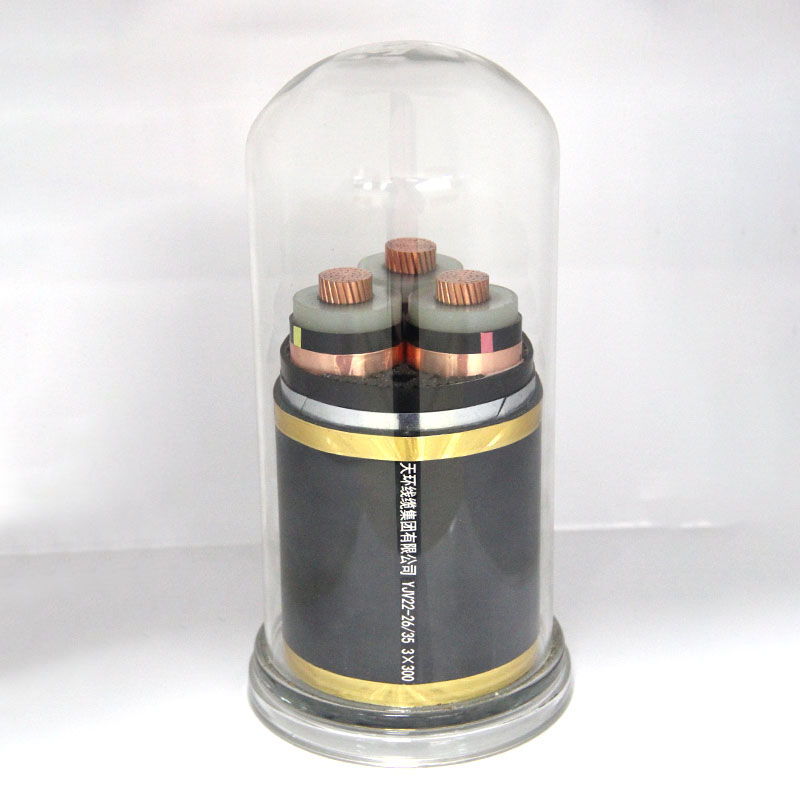
High Voltage Cable Manufacturing Solutions for Reliable Power Transmission
High Voltage Cable Construction Suppliers A Comprehensive Overview
High voltage cables are an essential component in modern electrical infrastructure, enabling the efficient transmission of electricity over long distances with minimal losses. As global energy demands continue to rise, the role of high voltage cable construction suppliers becomes increasingly critical. This article explores the importance of these suppliers, the types of cables they produce, and the factors to consider when selecting a high voltage cable supplier.
Importance of High Voltage Cables
High voltage cables are designed to carry large amounts of electrical power, typically above 35 kV. They are widely used in various applications, including power generation, transmission, and distribution. These cables are crucial for connecting renewable energy sources, such as wind and solar farms, to the grid, as well as for delivering electricity from power plants to end-users. The efficient and reliable performance of high voltage cables is vital for maintaining the stability of electrical networks and fostering sustainable energy solutions.
Types of High Voltage Cables
Suppliers of high voltage cables produce several types, including
1. AC (Alternating Current) Cables These cables are commonly used for transmitting electricity over long distances. They are typically made from copper or aluminum conductors and are insulated with materials that can withstand high voltages.
2. DC (Direct Current) Cables With the increasing adoption of high voltage direct current (HVDC) systems for long-distance transmission, suppliers have developed specialized DC cables. These cables minimize losses over long distances, making them ideal for offshore wind farms and intercontinental power transmission.
3. Submarine Cables These cables are designed for underwater installations and are used to connect island grids or offshore energy sources to the mainland. They require robust insulation and protection against environmental factors.
4. Accessories and Joints In addition to complete cable systems, suppliers also provide a range of accessories, such as joints and terminations, which are critical for ensuring the integrity and performance of high voltage cable networks.
high voltage cable construction supplier

Selecting a High Voltage Cable Supplier
When choosing a high voltage cable construction supplier, there are several key factors to consider
1. Industry Experience Look for suppliers with a proven track record in the high voltage cable industry. An established supplier will have a better understanding of the challenges and requirements associated with different applications.
2. Quality Assurance Ensure that the supplier adheres to international quality standards and certifications. This includes compliance with industry standards such as IEC, ASTM, and ISO, which can significantly impact the reliability and longevity of the cables.
3. Technical Support A reputable supplier should offer comprehensive technical support, including installation guidance, maintenance, and troubleshooting. This support is crucial for optimizing cable performance and minimizing downtime.
4. Customization Different projects have unique requirements. A good supplier should be able to provide customized solutions tailored to specific project needs, whether it's cable length, insulation type, or additional features.
5. Sustainability Practices As the focus on sustainability increases, consider suppliers that prioritize eco-friendly materials and production processes. This aligns with global efforts to reduce environmental impact and promote greener energy solutions.
Conclusion
High voltage cable construction suppliers play a pivotal role in the energy sector, ensuring the reliable transmission of electricity and supporting the transition to sustainable energy sources. By understanding the types of cables available and the critical factors in supplier selection, project managers and engineers can make informed decisions, fostering a secure and efficient electrical infrastructure for the future. As the demand for energy grows, the importance of these suppliers will only continue to rise, driving innovation and excellence in cable construction.
-
The Quantum Leap of XLPE Cable in Power DistributionNewsMay.29,2025
-
Mastering the Essentials of Building WireNewsMay.29,2025
-
Innovative Horizons of Rubber Trailing CablesNewsMay.29,2025
-
Exploring the Versatile World of Rubber CablesNewsMay.29,2025
-
Decoding the Mysteries of Building CablesNewsMay.29,2025
-
Advancements Redefining Control Cable TechnologyNewsMay.29,2025
-
Why It's Time to Replace Old Rubber CablesNewsMay.28,2025














